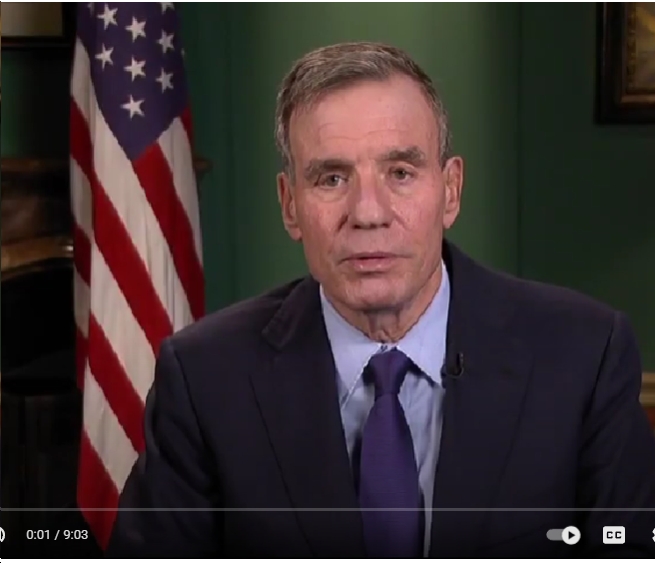From the Virginia NAACP:
Virginia NAACP and Students Sue the Shenandoah County School Board
A new lawsuit alleges the Shenandoah County School Board violated the US Constitution, Title VI of the Civil Rights Act of 1964 and the Equal Educational Opportunity Act by reinstating Confederate school names.
RICHMOND, VA – Today, the NAACP Virginia State Conference (Virginia NAACP) and five Shenandoah County students filed a federal lawsuit alleging the Shenandoah County School Board is creating an unlawful and discriminatory educational environment for Black students. The Virginia NAACP’s lawsuit meticulously outlines the shameful legacy of segregation and discrimination in Shenandoah County and how restoring the Confederate names embraces that legacy in violation of the First and Fourteenth Amendments of the Constitution of the United States, Title VI of the Civil Rights Act of 1964, and the Equal Education Opportunities
On May 9, 2024, the School Board approved renaming Mountain View High School and Honey Run Elementary School to their prior Confederate names, Stonewall Jackson High School and Ashby Lee Elementary School. The three namesake Confederate leaders – Robert E. Lee, General-in-chief of the Confederate States Army, Thomas J. “Stonewall” Jackson, Lieutenant General of the Northern Virginia’s Second Corps Army, and Turner Ashby, Brigadier General – fought to preserve slavery and segregation.
“My belief is the Shenandoah County School Board reaffirmed their commitment to White supremacy and the celebration of a race-based rebellion against the United States of America with their vote to name public schools after military leaders of the Confederate States of America,” said Rev. Cozy Bailey, Virginia NAACP President, “When students walk through the halls of renamed Stonewall Jackson High School and Ashby Lee Elementary School, they will do so with inescapable reminders of Confederate legacies that enslaved and discriminated against African-descended people. This community deserves better.”
According to the complaint, forcing Black students to attend a school honoring Confederate leaders creates a school environment that denies them an equal opportunity to an education and violates their right to Equal Protection under the Fourteenth Amendment and First Amendment right to free speech.
“Public education should benefit everyone, irrespective of race or class. Every student is entitled to an education free from discrimination,” said Ashley Joyner Chavous, Of Counsel, Covington & Burling. “The school board’s decision to reinstate the Confederate school names and imagery creates a school environment that denies students of color an equal opportunity to education. These actions are a slap in the face of the many Shenandoah County families and community members who have been working for decades to build a stronger and more cohesive community.”
Shenandoah County has a long history of running a segregated school system and opposing integration. In 1959 – five years after the US Supreme Court decision in Brown v. Board of Education, the County constructed the Stonewall Jackson High School as an all-White school. The Confederate names signaled to Black students and their families that they were not welcome at the schools, and it took another several years for the first Black students to enroll in high school during the 1963-64 school year.
The Virginia NAACP is bringing this lawsuit on behalf of its members and families, including students in the Shenandoah County school system. The families whose children attend Shenandoah County Public Schools seek the removal of Confederate names and mascots and to prevent any future naming involving Confederate leaders.
The Virginia NAACP will not allow localities to advance white supremacy. The Virginia NAACP will continue to fight against policies and legislation that serve to send the Commonwealth of Virginia backward.
A copy of the complaint can be found here.
– ###
ABOUT THE VIRGINIA NAACP
Founded in 1935, the Virginia State Conference of NAACP Branches (Virginia NAACP) is the oldest and largest nonpartisan civil rights organization in the Commonwealth, overseeing over 100 NAACP branches, youth councils, and college chapters. The Virginia NAACP is focused on being the preeminent voice of Black Virginians and advocating for policies and programs to benefit Blacks and people of color. You can read more about the Virginia NAACP’s work and our six “Game Changer” issue areas by visiting NAACPVA.org.
ABOUT THE WASHINGTON LAWYERS’ COMMITTEE
The Washington Lawyers’ Committee for Civil Rights and Urban Affairs works to create legal, economic, and social equity through litigation, client and public education and public policy advocacy. While we fight discrimination against all people, we recognize the central role that current and historic race discrimination plays in sustaining inequity and recognize the critical importance of identifying, exposing, combatting, and dismantling the systems that sustain racial oppression.
ABOUT COVINGTON & BURLING LLP

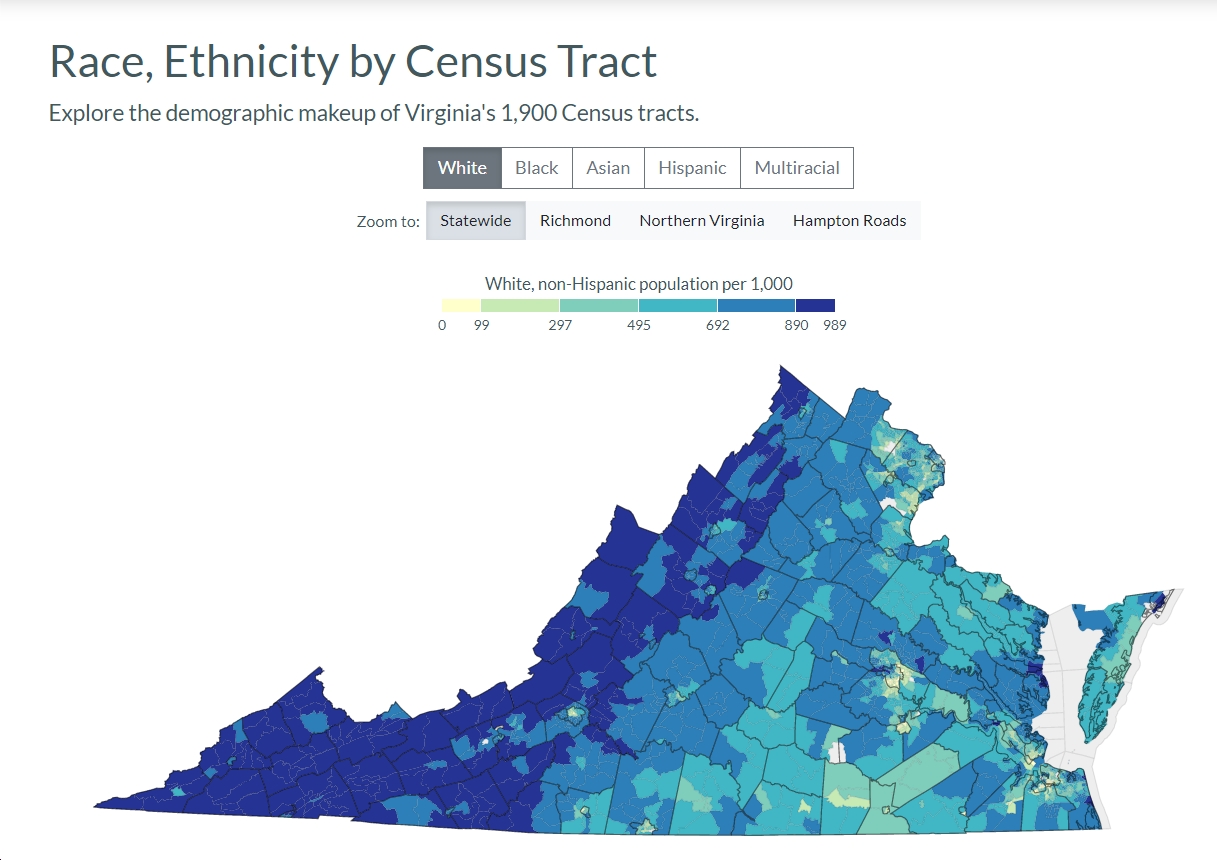
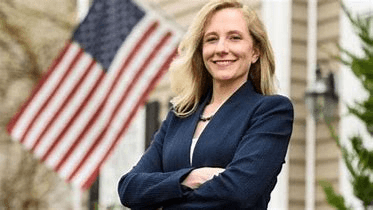
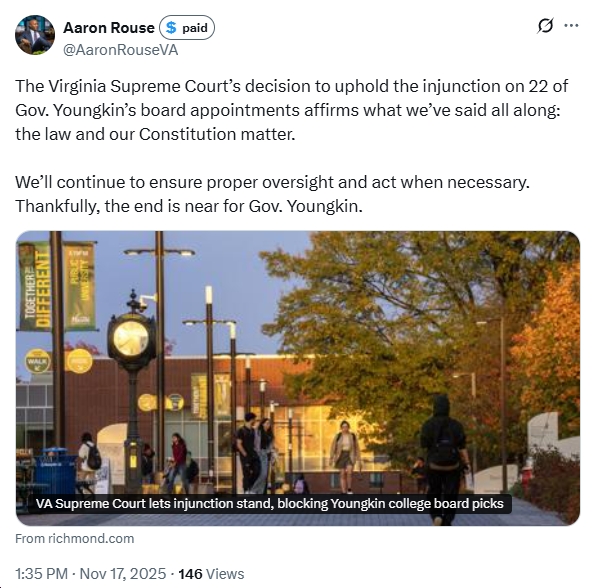
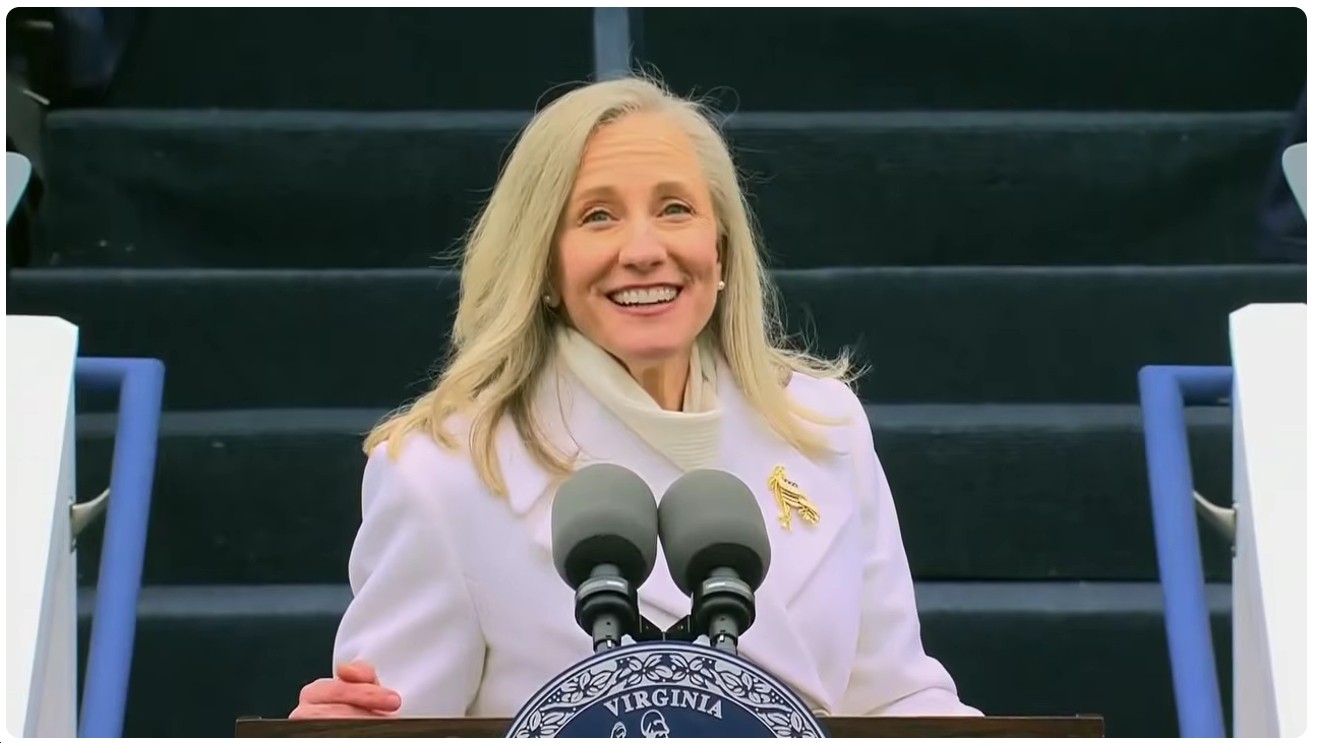
![Virginia NAACP: “This latest witch hunt [by the Trump administration] against [GMU] President Washington is a blatant attempt to intimidate those who champion diversity.”](https://bluevirginia.us/wp-content/uploads/2025/07/gmuwwashington.jpg)
